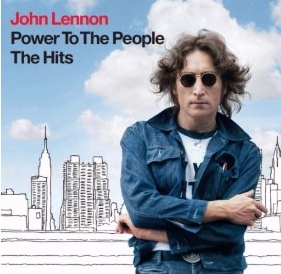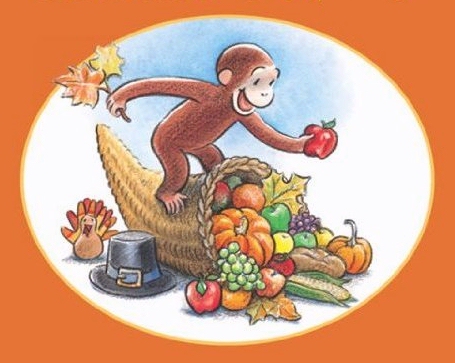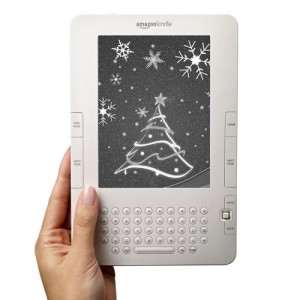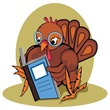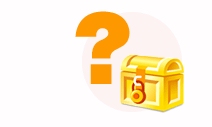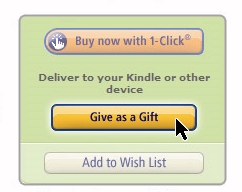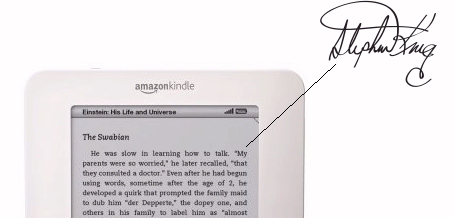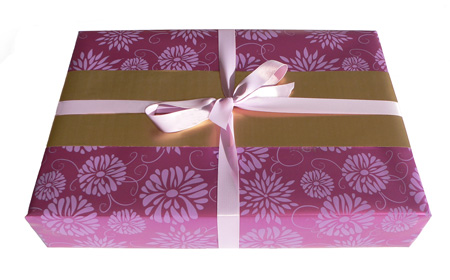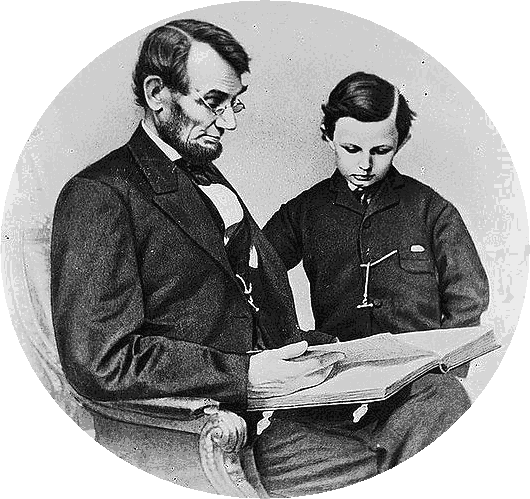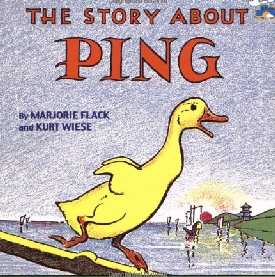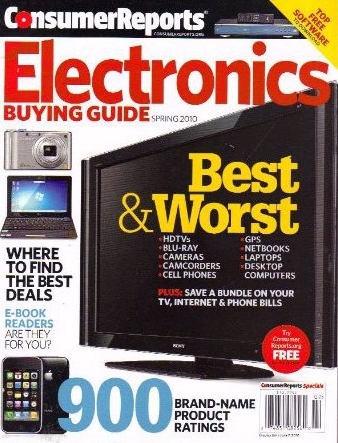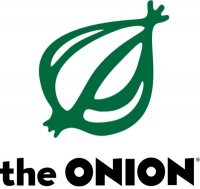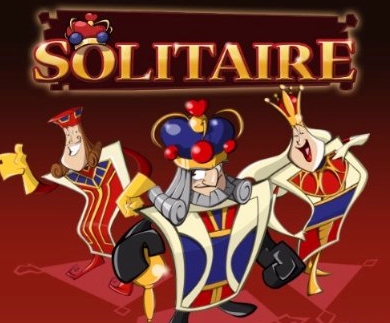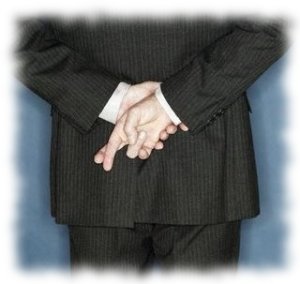
Want to know the dirty secrets of the book publishing industry? Boston Review just published a shocking but very well-researched article that seems to finally lay it all out.
The article starts with some disturbing bookstore history. During the 1970s and the 1980s, new independent bookstores continued appearing, but “this trend came to a halt when chain superstores such as Barnes & Noble and Borders began taking over in the late ’80s.” Over the next 20 years, the number of independent bookstores dropped from 6,000 to 2,200, which the author blames on their ability to negotiate bigger discounts from book publishers. In a fight for the future of the bookstore, the American Bookseller’s Association even filed two lawsuits — one in 1994 and a second one in 1997.
“In 2001 this lawsuit, too, was settled, on the condition that a large amount of the evidence the ABA had collected against the chain stores be destroyed,” the article reports. It seems a little ironic that the chain stores beat the local stores by drastically discounting their books — only to face the threat of even cheaper competition today from the ebooks in Amazon’s Kindle store. But this episode reveals another big way that chain bookstores changed the book industry. Now publishers earmark about 4% of their net revenue to pay for special promotions within chain bookstores, including special price discounts and prime placement at the front of the bookstore (which apparently retails for $20,000 for a two-week display).
Smaller publishers are hurt, since they can’t compete with large promotional budgets — and that’s only the beginning, according to the article. Now large retailers “weigh in on everything from book covers to sample chapters of manuscripts,” and “In some cases, retailers even demand changes.” Am I reading that right? Is Target calling the shots in what’s appearing in our books? The article cites information from an editor at “a major publishing house, who agreed to speak on condition of anonymity for fear of employer sanctions.” And he reveals that yes, frequently there’s representatives from Target, Borders, and Barnes and Noble when potential books are discussed.
“Without their buy-in, the publisher is unlikely to go forward with a book,” the article reports. “Ideas that excite [independent book stores] might be scrapped if they don’t get a chain’s stamp of approval.” What’s disturbing about this is that’s ultimately also affecting shoppers at Amazon.com. Amazon can only sell printed books after print publishers make them available. But if Target gets a veto on which books are printed, then Amazon will never get a chance to sell them.
At first it seems like we should be cheering for Amazon’s Kindle Store. Anyone can self-publish an ebook — so isn’t that a positive development? Yes, in the sense that unlike a bookstore, Amazon stocks every book that a publisher sells. The only question now is: what happens when Amazon acquires the same massive negotiating power as the major chain bookstores?
Will they ultimately use their newfound power for good, or for evil?
